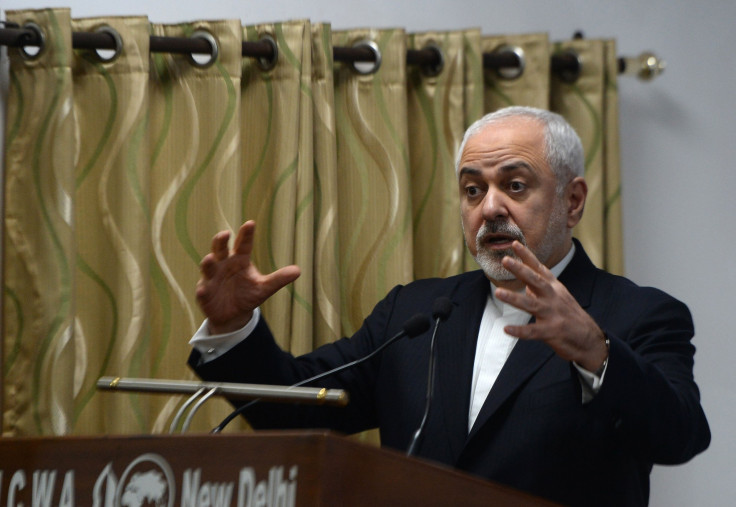India Delays Iran Oil Order For May, Awaits U.S Nod

Following the hardening of United States’ stand on Iran sanctions, India has reportedly delayed its May order for importing Iranian oil and awaiting the U.S nod to proceed.
Indian refiners have paused the May order mainly over lack of clarity from Washington whether it would get continued exemption beyond the May deadline, reports Reuters.
In November 2018, President Donald Trump pulled out of the 2015 Iran nuclear deal and re-imposed economic sanctions on the Middle East oil producer.
However, the U.S gave a six-months' waiver to eight countries including India to import Iran oil with slashed volumes until May.
India is Iran’s second-biggest oil client after China. India is hoping to get clarity on the matter in another 10 days. Under the current waiver, India can buy about 300,000 BPD of Iranian oil. This is almost half the amount it was buying previously. After the sanctions, India has been buying nearly 9 million barrels of Iran crude a month.
India’s oil ministry did not react to the Reuters report.
President Trump on Monday branded Iran’s Guards as a foreign terrorist organization.
“Sanctions against IRGC (Islamic Revolutionary Guard Corps) have added to the uncertainty over supply of Iranian oil ... in the current scenario when enough alternatives are available it is better to wait for clarity,” said a source quoted in the Reuters report.
Goldman Sachs warns of high oil price
At the oil prices news front, investment bank Goldman Sachs new forecast that hiked crude oil prices outlook for the rest of 2019 hints to a tighter oil market.
In its note on April 8, the investment bank said benchmark Brent crude prices will shoot up to $66 per barrel in the coming months, departing from its previous estimate of $62.50.
The U.S, crude oil, according to Goldman, will average $59.50 per barrel, up from the $55.50 forecast earlier.
Oil prices jumped to the peak April 9, hitting five months high with Brent zooming to $71.34 per barrel and U.S. crude hitting $64.77 per barrel.
Goldman also expects Brent forward curve will move into backwardation phase. That is a situation when contracts for future delivery turn cheaper than spot supplies. Backwardation always spells a tighter market.
Price may decline in summer
Oil prices are being supported by a supply squeeze by OPEC-led output cuts and the fallout of U.S. sanctions on Iran and Venezuela.
Goldman Sachs while agreeing that the macro risk-on environment may drive up spot prices, also argues that oil prices may decline this summer when shale production and OPEC production will escalate.
© Copyright IBTimes 2024. All rights reserved.




















